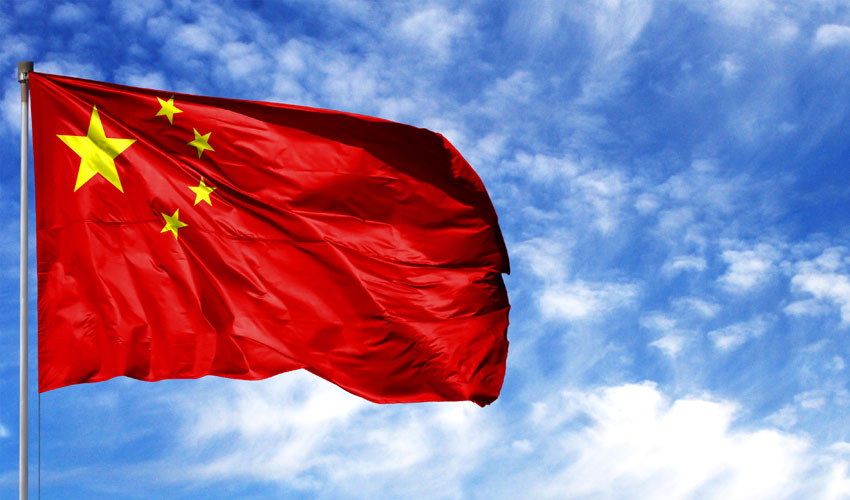The Government of China, by undertaking large-scale infrastructure projects in Africa, has created a well-oiled machinery in Africa mostly to benefit Chinese Private-Sector Companies (PSCs). These PSCs have been making a windfall in the continent by harvesting the African market. Needless to say, this dividend for the Chinese companies has not come without destruction to the most basic characteristics of the African landscape.
According to a report titled ‘Market Power and Role of the Private Sector’ published by ‘China-Africa Business Council’, PSCs involvement in Africa has transitioned from ‘going to Africa’, to ‘settling in Africa’, to ‘setting down roots in Africa’. The evolution towards ‘settling down roots in Africa’, was witnessed with a whopping 70 per cent share of total Chinese investments in Africa in 2019, with 90 per cent of the Chinese companies operating in Africa were owned by private entrepreneurs. The investments have mostly concentrated in transport infrastructure, mining, manufacturing, construction and services.
Notably, the investments made by Chinese PSCs in Africa are ‘colonial’ in nature, seeking to capture the emerging market rather than using it as an industrial base by utilising local resources. The direction of such investment has been to suck out African raw material for their production processes and through China’s ‘Belt and Road Initiative’ for moving the minerals and natural resources, as feedstock for Chinese industries. This is leading to the depletion of African raw material at a very fast pace. Importantly, notes a study by ‘China-Africa Research Initiative’, China takes a huge amount of oil and other mineral resources out of Africa. Angola, Libya, Gabon, Republic of Congo (RoC), Democratic Republic of Congo (DRC) and South Africa (SA) account for 68 percent of their total exports to China. Angola and Libya export oil; Gabon oil and manganese; RoC oil and other minerals; DRC cobalt and copper; and SA platinum and iron & steel. Backed by the Chinese propaganda machinery, a narrative is being played projecting the PSCs as ‘engines for job creation and growth’ in Africa.
It is also being claimed that PSCs have an important role in the transfer of skills, knowledge and technology to Africa, while upholding the dignity of African labour. On the contrary, it has been observed that Chinese PSCs do not source from local firms, employ few Africans and have poor track record in respect for labourers as well as the environment. A McKinsey and Company report titled ‘The Closest Look Yet at Chinese Economic Engagement in Africa’ noted that: (i) “47 percent of the Chinese firms’ sourcing was from local African firms, representing a lost opportunity for local firms to benefit from Chinese investment; (ii) 44 percent of local managers at the Chinese owned companies surveyed were Africans; and (iii) there have been instances of labour and environmental violations by Chinese-owned businesses ranging from inhumane working conditions to illegal extraction of natural resources including timber and fish.” Studies have also revealed that PSCs illegal activities in the forests’ value chains have led to deforestation, displacement of local communities, loss of biodiversity and timber trafficking. Illegal fishing and over exploitation of fishing areas by Chinese super trawlers off Ghana, Senegal and Guinean coasts has also been leading to collapse of marine ecosystems and the loss of livelihoods of coastal communities due to depleting fish stocks. A recent investigation by EL PAIS/Planeto Futuro reveals how Chinese-owned companies in Northern DRC have been illegally extracting and exporting endangered tree species and minerals besides violating labour & human rights.
The investigation also found that ‘Xian Jiang Mining’, a Chinese PSC, has been illegally extracting gold, diamonds and rare metals. How much Chinese companies respect local laws is highlighted by a recent head on conflict between the SA Government and Chinese tech-giant ‘Huawei’ over local SA’s ‘Employment Equity Policy’, which limits the employment of foreign personnel to a maximum 40 percent by firms operating in the country. However, the local subsidiary of ‘Huawei’ did not adhere to this law and the SA ministry of Employment had identified multiple violations of this rule at several levels of management. Another emerging point of concern for the African countries is the treatment of African and Chinese PSCs who have been in the spotlight for physical abuse of African workers. Recently, a court in Rwanda sentenced Chinese national Sun Shujun to 20 years for being guilty after his video of whipping an African worker went viral. A report by the London-based ‘Business and Human Rights Resource Centre’ found 181 claims of human rights abuses connected to Chinese investment activities in Africa between 2013 and 2020. Many of the incidents were in Uganda, Kenya, Zimbabwe and DRC.
It needs to be noted that contrary to China’s claims having always stood against exploitation, its companies are exploiting Africa and its inhabitants blatantly by pushing the local entrepreneurs to the margins. It is time that African government look into the open violations being carried out by the Chinese PSCs, who falsely claim to have been ‘messiahs’ of growth for Africa but have scant or not regards for local labour and environmental laws, human rights.

